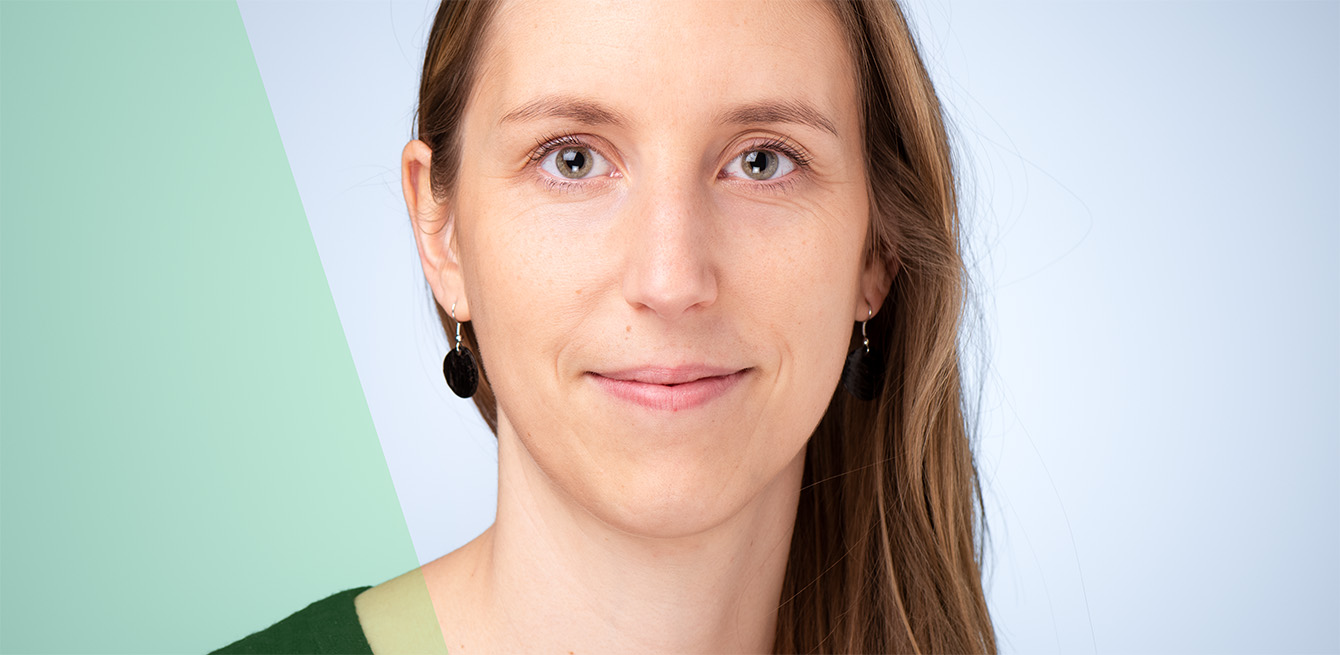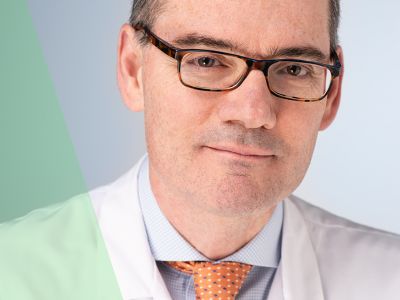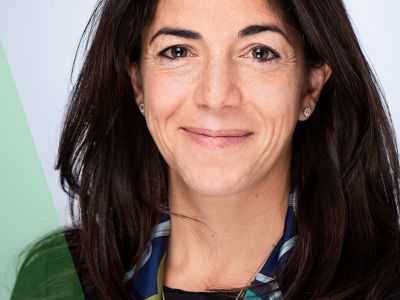
From the moment they sign the consent form, patients undergo a number of tests to determine whether they are suitable for the treatment. Explanations by Virginie Zimmer, a clinical research assistant.
“The first thing we do is schedule a biopsy,” explains Virginie Zimmer, clinical research assistant in the Oncology Department at UNIL CHUV. “This sample is used as the basis for determining whether there is a sufficient number of tumour-infiltrating T lymphocytes to ensure that the initial phase of expansion in the laboratory will be satisfactory. If this is the case, we will then schedule the resection surgery.”
As soon as the sample is taken and the consent form is signed, the patients undergo a series of 8 tests that are designed to determine their eligibility: this is the so-called screening phase. “In addition to a thorough medical examination, we organise an electrocardiogram, a cardiac ultrasound, a chest X-ray, a scan of the chest, abdomen and pelvis, an MRI brain scan and a blood test”, says Virginie Zimmer. Everything is run to a tight schedule, for which the clinical research assistants are accountable:
"Our role is to ensure we have an overview of the protocol, to coordinate the patient’s progress and the work of the some 65 professionals involved, representing 13 fields.”
“We prepare 12 documents at the beginning of the study. Firstly, there is the patient’s schedule, which commences on the date when the consent is signed, and is where all his appointments and screening examinations are organised”, explains Virginie Zimmer. At the same time, we also prepare the documents for the doctors and nurses, which look like checklists and explain in detail what they have to do every day.”
Another role assigned to the clinical research assistant(s) is to make sure that everything that happens during the study is reported adequately in Soarian, the software that is used to compile the data: “We work closely with the data managers, in this case Amélie Roten, to ensure that these data are appropriate and clear. The data manager then takes a second look at these data. It’s very important because there are so many items that it’s sometimes impossible to see everything. She then forwards the data to the study sponsor.”
The number of patients monitored by the clinical research assistants depends on the type of protocol. “When I began this, I had another concomitant study”, says Virginie Zimmer. "But I’m now working on this protocol and preparing two other studies besides. The workload is very varied: sometimes we have to focus almost 100% on one patient, sometimes it's possible to monitor several patients and find time for other studies as well.”
Even if the whole process is very complex, with many unknowns, Virginie Zimmer believes that things are going well on the whole: “The patients that have been monitored to date have always had positive feedback”.

The capital of the canton of Vaud is an oncological research centre which is today recognised throughout Europe. Work on cellular immunotherapy is advancing rapidly and offers a glimpse of a historic breakthrough. This is the story of the team's work, through the eyes of George Coukos.

Whilst approximately 100 research protocols against cancer are currently open at CHUV, all coordinated within the Experimental Therapies Centre, Lana Kandalaft walks us through the challenges of setting up a clinical trial: the intricate path from the laboratory to the patient's bedside.